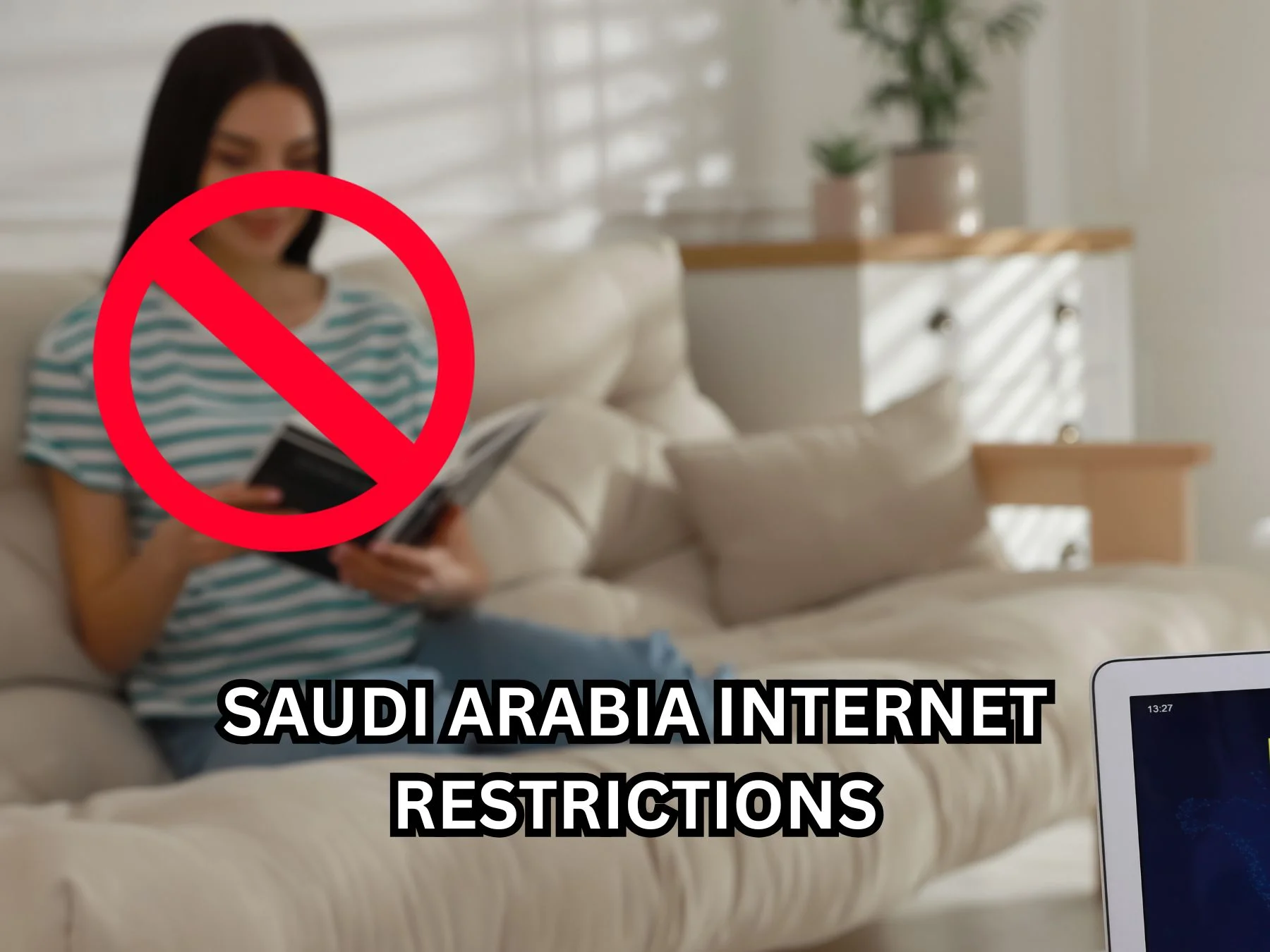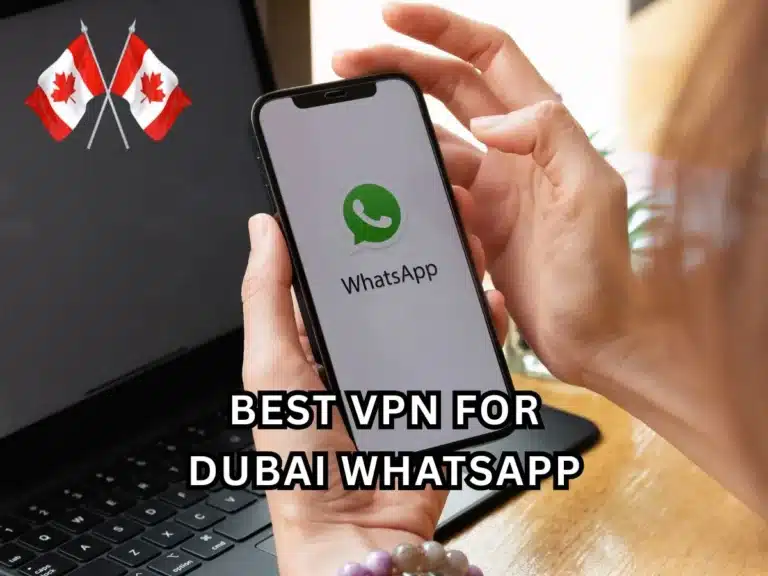Introduction
The internet is a powerful tool for communication, learning, and entertainment. But in some parts of the world, access to it is limited. One such example is Saudi Arabia. Many people are curious about Saudi Arabia internet restrictions and how they affect daily life. This blog will guide you through what these restrictions mean, how they work, and how people in Saudi Arabia manage their online activities.
What is Saudi Arabia Internet Restrictions?
Saudi Arabia internet restrictions refer to the rules, filters, and controls the government applies to internet usage in the country. These restrictions are meant to block content that is considered harmful, illegal, or inappropriate by Saudi authorities. Websites, social media apps, and even some messaging services are often monitored or limited.
The main purpose of these restrictions is to align internet content with the cultural, religious, and political values of the country. For everyday users, this means that not all global websites or apps are freely available. The internet is filtered, and certain content is blocked to ensure it does not go against public morals or national security.
Top Benefits of Saudi Arabia Internet Restrictions
Although restrictions may seem like a limitation, there are some benefits to having such a system in place.
1. Protecting Cultural Values: One major benefit of Saudi Arabia internet restrictions is the preservation of local culture and traditions. By controlling content, the country ensures that foreign values do not negatively influence its citizens.
2. Reduced Access to Harmful Content: Many websites that promote violence, hate speech, or inappropriate material are blocked. This can protect children and young adults from harmful online influences.
3. Cybersecurity Measures: Saudi Arabia internet restrictions also help reduce cyber threats by limiting access to websites that may carry malware or scams. This adds a layer of online safety.
4. National Security: The government uses restrictions to prevent the spread of information that could threaten national unity or promote political instability. This helps maintain peace and order.
5. Encouraging Local Development: With limited access to some international platforms, local developers and companies are encouraged to create alternative apps and websites, boosting the country’s tech industry.
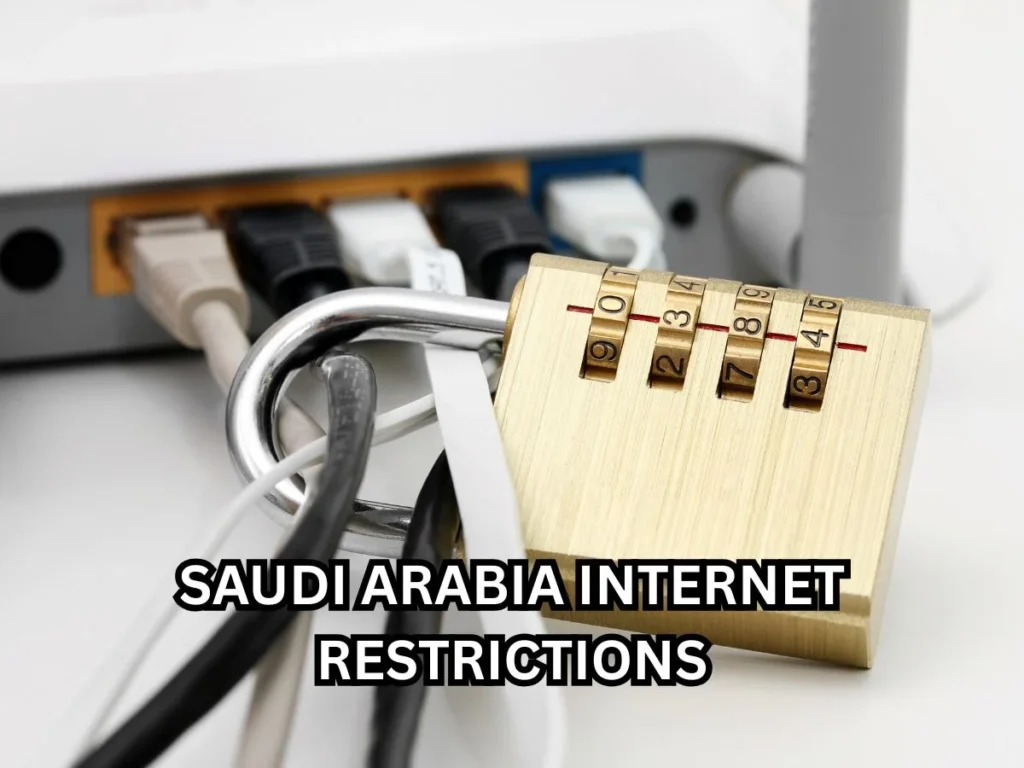
How to Start or Deal with Saudi Arabia Internet Restrictions – Step-by-Step
For people living in or traveling to Saudi Arabia, dealing with internet restrictions may feel challenging. Here are some practical steps to navigate the system while respecting local laws:
Step 1: Understand the Rules
Start by learning what types of content are restricted. News, adult content, and politically sensitive material are often blocked.
Step 2: Use Approved Services
Stick to websites and apps that are legally allowed. The government provides a list of approved communication platforms.
Step 3: Be Careful with VPNs
Virtual Private Networks (VPNs) are used by some to bypass restrictions, but using them may not be legal. Always stay updated on local laws before using any such service.
Step 4: Use Local Alternatives
Many international services have local versions in Saudi Arabia. These are usually safer and more aligned with national guidelines.
Step 5: Stay Informed
The digital space changes fast. Make sure you keep track of updates and changes in Saudi Arabia internet restrictions to avoid any legal issues.
Common Mistakes to Avoid
1. Ignoring the Rules
Trying to access restricted content without knowing the consequences can lead to serious trouble. Fines and penalties are common.
2. Overusing VPNs Without Knowledge
Many people install VPNs without understanding the legal risks. In Saudi Arabia, some VPN use may be illegal.
3. Relying Only on International Apps
Not exploring local apps or services can make your digital experience more frustrating. Local platforms are often designed to meet specific needs.
4. Sharing Blocked Content
Even if you can access blocked content, sharing it on social media or messaging apps can get you into legal trouble.
5. Thinking Restrictions are the Same Everywhere
What is allowed in one country may not be allowed in Saudi Arabia. Always check local guidelines.
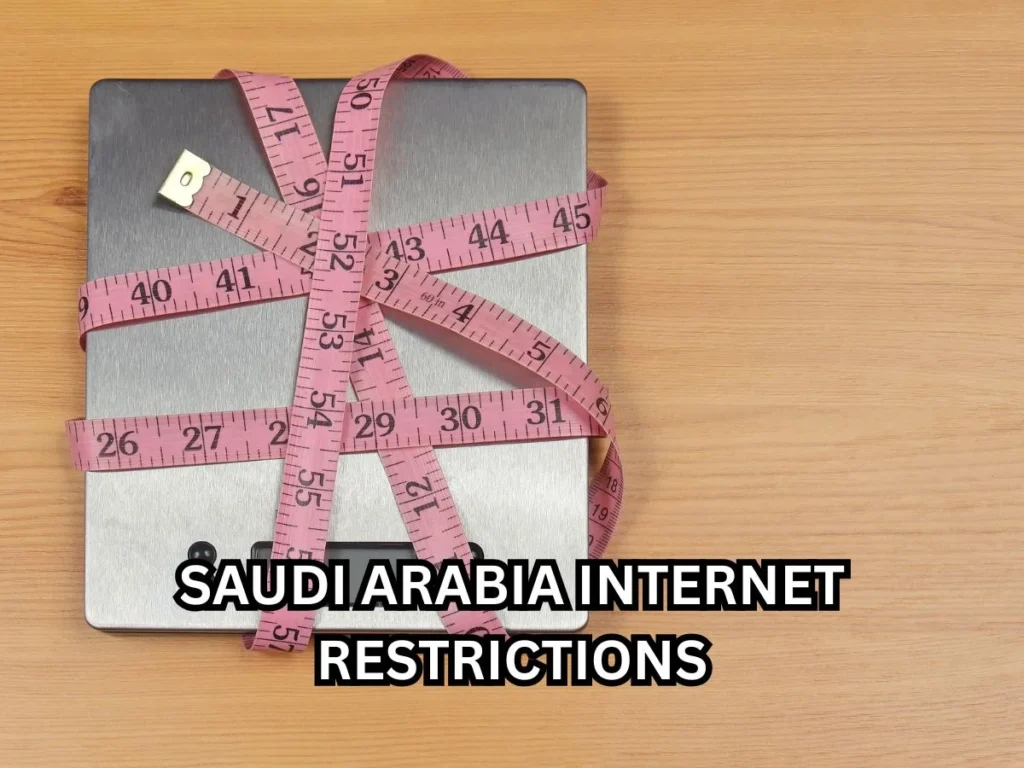
Smart Tips and Tricks
1. Bookmark Trusted Local Websites
This will help you access important information quickly without running into blocked pages.
2. Use Government Portals
These are useful for official services like health, education, and payments, and are fully accessible.
3. Educate Family Members
Teach kids and elders about safe browsing and the types of content to avoid.
4. Keep Backup Communication Apps
Some apps might stop working suddenly. Have alternative apps ready for staying in touch with friends and family.
5. Use Encrypted Messaging Within Limits
Apps like WhatsApp are allowed, but use them responsibly and legally.
Real-Life Relevance
Saudi Arabia internet restrictions affect various parts of life. Students may find some educational sites blocked, so they rely on approved platforms. Businesses must adapt by using local hosting and tools. Travelers need to prepare for different internet rules compared to their home country.
People often adjust quickly. Many residents turn to local apps for food delivery, shopping, and entertainment. Digital habits are shaped by what’s available and allowed. Despite the limits, people stay connected, work remotely, and even grow online businesses.
The restrictions may feel inconvenient at first, but they also teach people how to use the internet more wisely and safely. Over time, users find creative ways to stay informed, entertained, and productive.
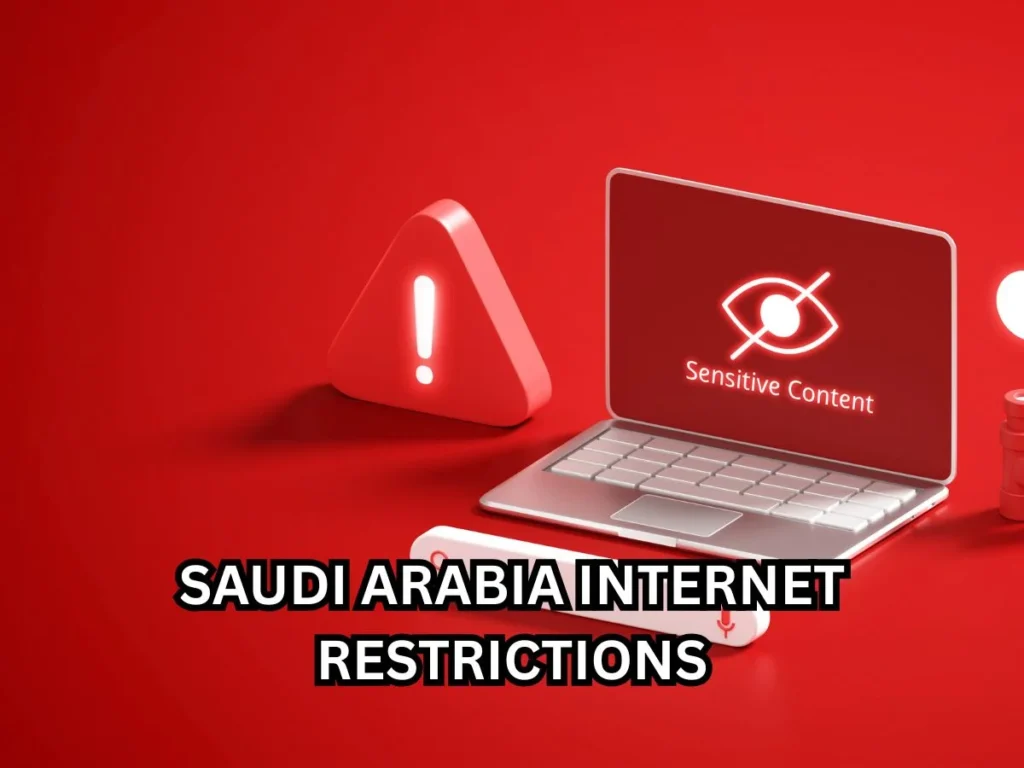
Conclusion
Saudi Arabia internet restrictions are a unique part of the country’s digital landscape. They are designed to protect cultural values, enhance security, and promote responsible internet usage. While these restrictions can be challenging, many people learn to adapt by using local tools, following the rules, and staying informed.
Whether you live in Saudi Arabia or plan to visit, understanding how Saudi Arabia internet restrictions work will help you make smart choices online. Stay safe, stay informed, and use the digital space responsibly.
This article is brought to you by Interclever, your trusted source for digital knowledge and tips.
Frequently Asked Questions About Saudi Arabia Internet Restrictions
1. Why are some websites blocked in Saudi Arabia?
Websites are blocked if they contain content that goes against the country’s cultural, moral, or political values.
2. Is using a VPN legal in Saudi Arabia?
VPNs are a gray area. Some are used for legal purposes, but using them to access restricted content may be illegal.
3. Can I use WhatsApp in Saudi Arabia?
Yes, WhatsApp is allowed for messaging and calls, but always use it responsibly.
4. How can tourists access the internet in Saudi Arabia?
Tourists can use hotel Wi-Fi, buy local SIM cards with data plans, and access approved websites and apps. It’s important for tourists to follow the same internet rules as residents.
5. Are social media apps available in Saudi Arabia?
Most social media apps like Instagram, Snapchat, and Twitter are accessible. However, some features, especially video calling or live streaming, might be restricted or monitored.
6. What should I avoid posting online in Saudi Arabia?
Avoid sharing content that includes political criticism, religious offense, or anything that could be seen as disrespectful to the country’s laws and values. Staying respectful and cautious online is important.


